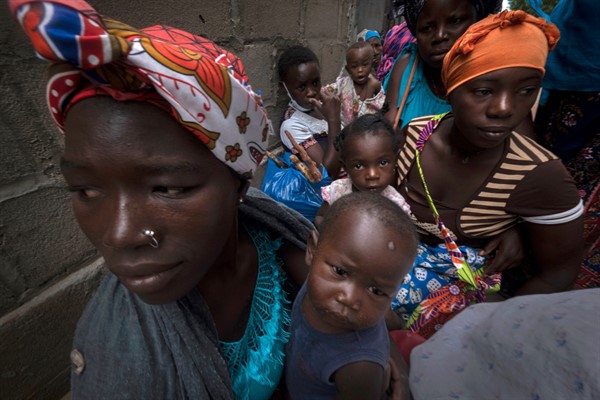When an obscure rebel group briefly laid siege to a hotel in Palma—a tiny enclave of the global energy industry in northern Mozambique—in late March, the story briefly became one of those one- or two-day wonders common to the Western media’s coverage of Africa.
This typically means momentary headlines from a place that most readers have never heard of, and that most mainstream editors traditionally exhibit little interest in delving into more deeply. As is so often the case with the coverage of violence from outposts like these, what made this particular news “newsworthy” was the fate of a small number of white people who were holed up in the hotel and eventually evacuated.
Without white hostages, or without a tight focus on the threat posed to Western business interests, a story about the death of roughly 80 Africans—as indeed died in the attack—or the displacement of thousands of other terrorized local inhabitants would have had far less chance of commanding the attention of the international media, whose daily news decisions determine what their readers will learn of the world.

